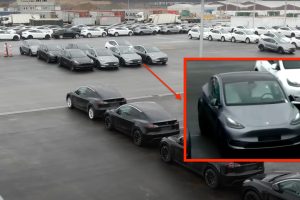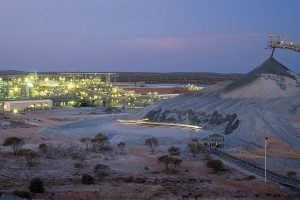Michigan recently passed legislation that would boost the state’s electric vehicle (EV) charging infrastructure.
The legislation was passed by the Michigan Senate earlier this week. It passed the Michigan House of Representatives in June as HB 4706.
“I applaud my colleagues in both parties and chambers who have voted to put this legislation on the Governor’s desk,” said Michigan Rep. Sharon MacDonell. “I look forward to Governor Whitmer signing the legislation to ensure that Michigan has sufficient charging infrastructure for the electric vehicle transition.”
HB4706 would allow EV charging station operators to resell electricity to electric vehicle owners without following the same regulations required for utilities. The slight difference between EV charging providers and utilities will be codified by the Michigan Public Service Commission.
According to a substitute for HB 4706 dated November 8, 2023:
“An entity that provides electric vehicle charging services is not a public utility and may not be prohibited from charging a customer for electric vehicle charging services on a volumetric basis, including for, but not limited to, charging a volumetric rate for the electricity transferred to the battery or other storage device. An entity that is a public utility that engages in the sale of electric vehicle charging services remains subject to regulation under this act and is not exempt from that regulation due solely to the provision of electric vehicle charging services.”
The new legislations distinction between EV charging providers and utilities would help boost investment in Michigan’s EV stations. Now EV charging stations can access federal National Electric vehicle Infrastructure (NEVI) funding. The NEVI Formula Program is designed to help states and U.S. territories swiftly build the national EV charging network.
Michigan recently passed a collection of clean energy bills that would put the state on the fast track toward using carbon-free sources by 2040. The state is set to codify a few crucial clean energy goals and actions, listed below.
- A 100% clean electricity standard by 2040
- Requiring utilities to get 15% of their electricity from renewable energy sources — such as wind or solar— through 2029 and then increase the amount of electricity generated from renewables to 50% by 2030 and 60% by 2035.
- An energy storage standard of 2.5GW by 2030
- Raising caps on distributed energy sources such as rooftop solar
- Increasing electric utility energy efficiency savings requirements and goals
- Clarifying that energy efficiency programs don’t discourage building electrification





